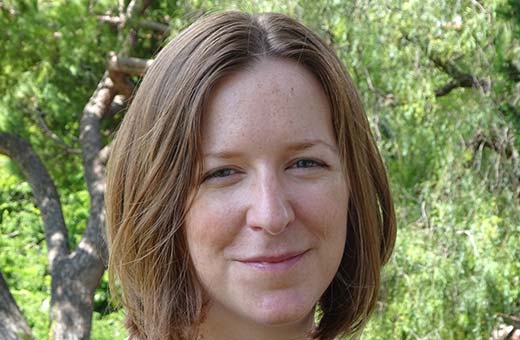Review by Kate Tyte
 Publisher: AdHoc Fiction
Publisher: AdHoc Fiction- 58 Pages
- Price: £7.49
- ISBN: 978-1-912095-95-7
This tiny novella in flash features twelve mini-stories set in a primary school over the course of a year. The unnamed teacher gives vignettes of her most troubled, troubling and endearing students, building up to a surprisingly dramatic and violent dénouement.
Each story focusses on a different child from ‘The Roster of Students Who Shall Receive Special Considerations During Testing.’ They include a girl with a hair-pulling disorder; a boy with Tourette syndrome; a girl with a glass eye; a girl with such fragile bones that she is wheeled into school on a padded cart; twin brothers with ADHD; a boy grieving for his dead sister; and a boy whose mother is the real problem. No doubt teachers will recognise some these students and pray that they don’t have them all in the same year.
The stories are lively, poignant, and tinged with macabre black humour. Each story is highly polished with lyrical language like ‘the high-pitched, sharp edges of a small girl’s voice like a prism breaking light into visible colour.’ They present rounded portraits of children who are problematic, but who also have amazing potential. They really capture children’s exaggerated speech, extreme emotions, and magical inner worlds. Danielle has a glass eye and invents stories to explain what happened to her lost eye, for example ‘a fishing hook caught it and spun it out to sea where a mermaid fashioned it into a pearly pendant.’ Taylor with Tourette’s refers to ‘the disastrous catastrophic flopping failure of fourth grade,’ – a phrase so good I might borrow it – but in the fifth grade he’s become popular. ‘The boys roar whenever he bursts out with, what he calls, his blurty-bads, their favourite being, Saturn Ur-Anus.’ Even Valerie, who can’t eat a lemon meringue pie unless it’s put in the blender because ‘the very act of chewing could break her weakened teeth or even the bone of a jaw,’ is a happy child who falsely believes she’s very advanced for her age.
I really appreciated the nuanced treatment of disability here. Daniel completely avoids that cringe-worthy tendency to make people with disabilities and their carers into heroic sources of inspiration to others. The children and parents in The Roster are neither to be pitied nor idolised, but are simply allowed to be their complicated selves. In fact, some of the kids and parents are sinister and threatening, or even actively dangerous. The stories also glance at the shocking inadequacies of social welfare in the USA – though Britain right now is not much better. The severely disabled Valerie proudly says her special cart came from hospital ‘and we didn’t even have to pay for it.’ A family with five children whose home burns down move into a single hotel room, paid for by the parents and teachers and donations from the fire department.
I didn’t particularly enjoy the story ‘The Roster…,’ which is the centrepiece of the collection. It felt like quite a dry administrative summary of problem kids, and a bit repetitive, because we already have a vivid and creative portrait of each of these children. It might have made more sense to place this at the start of the collection as an introduction.
The final two stories in The Roster are shocking and violent, and I would have liked a little more lead-in to that, and a little follow up about what happened next. I also felt that a bit more character development of the teacher, and how she actually feels about her students and the difficult situations she finds herself in, would have added emotional punch and believability to the ending. I think this might be one of the limitations of the novella in flash. Each story could easily stand alone as a wonderful short story, but it’s difficult to weave them together into a satisfying overall narrative. These quibbles aside, The Roster is an imaginative, energetic tribute to special needs kids and the teachers who care about them.
***
Kate Tyte was born in Bath and studied English Literature at Cardiff and York Universities. She worked as an archivist for over ten years, and now lives in Portugal where she works as an English teacher. Her literary essays have appeared in Slightly Foxed magazine issue 55, 59, and forthcoming, and her fiction has appeared on The Fiction Pool website, in STORGY magazine, and in Riggwelter issue 26.


 Publisher: AdHoc Fiction
Publisher: AdHoc Fiction